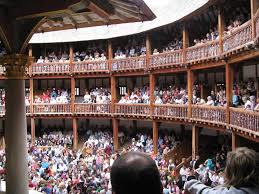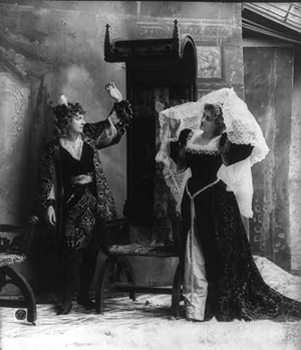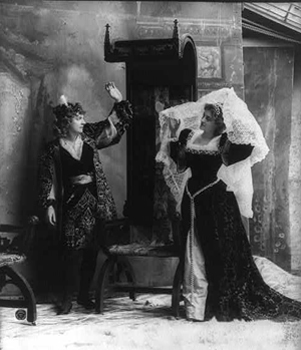Elizabethan drama refers to the plays produced while Queen Elizabeth reigned in England, from 1558 until 1603. It was during this time that the public began attending plays in large numbers.

In London the Elizabethan Theatres including the Globe Theatre. The drama, the Play, the actors, the people, the history and the events. The opening of several good-sized playhouses was responsible for this increased patronage, the largest and most famous of which was the Globe Theater (1599), home to many of Shakespeare’s works.
Elizabethan Theatre Facts
The most popular types of Elizabethan plays were histories of England’s rulers, but revenge dramas and bawdy comedies also drew significant crowds.

Although Shakespeare was the most prolific and certainly the most famous of the Elizabethan dramatists, other popular playwrights of the period included Christopher Marlowe (Dr. Faustus) and Ben Johnson (The Alchemist).
Essential Elizabethan Era Drama Facts
- Before the age of Elizabethan drama, plays tended to be based on religious themes. Elizabethan dramas, however, focused on more secular issues.
- Learning about the “heroic past” of their country was important to England’s playgoers. Christopher Marlowe preceded Shakespeare with the historical play Edward II, but the Bard, of course, wrote many histories too, including Richard III and Henry V.
- Tragedies of the era focused on creating a sense of both terror and pity in the audience. Shakespeare was the master of tragedy (Hamlet, Othello), but other writers were quite popular as well, including John Webster who had a hit with The Duchess of Malfi.
- Perhaps for the first time, English patrons during the Elizabethan period could go to the theater for a good laugh. Again, though Shakespeare was the most popular, other successful playwrights such as Ben Johnson (The Alchemist) enjoyed poking fun at society and its institutions.
- One of the appeals for Elizabethan playgoers was the theater’s bawdiness. Sexual innuendo and sexual situations were common features of many plays.

